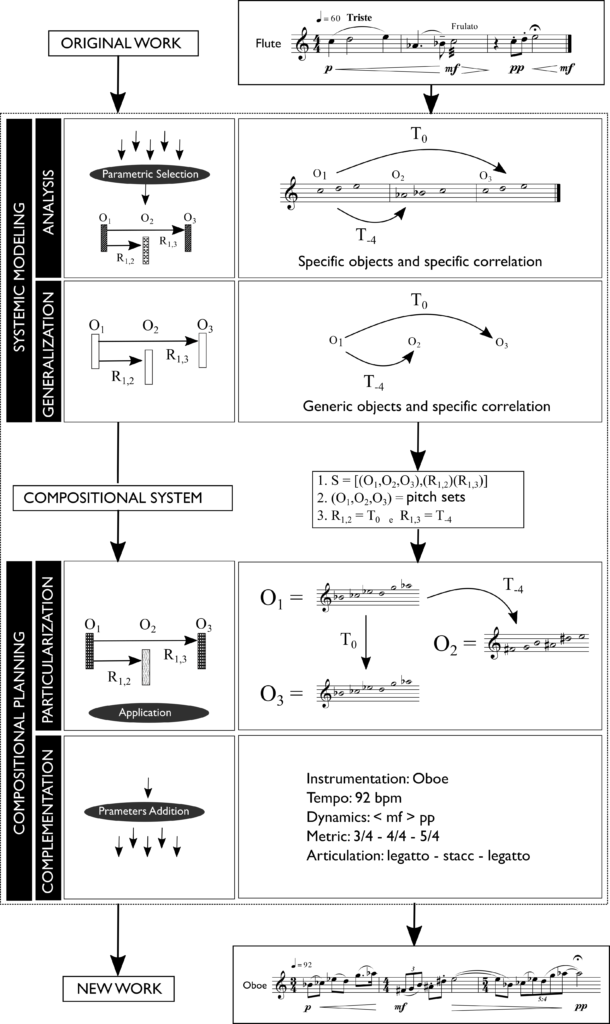


Marcel Castro-Lima is a Brazilian composer and conductor based in San Francisco/USA. Castro-Lima’s music is deeply rooted in Brazilian popular traditions, which he incorporates seamlessly into experimental practices involving generative music, intermedia, and electronics. He holds a Ph.D. in creative processes in music from UNIRIO (Rio de Janeiro) and a Ph.D. in composition and new media at the University of North Texas. Castro-Lima’s music has been performed in Brazil and in the US by groups like Ensemble Dal Niente, Splice Ensemble, Hypercube, Julius Quartet, Dallas Symphony Orchestra Chamber Players, Fort Worth Symphony, Goiás Philharmonic Orchestra, and UFRJ Symphony Orchestra. His orchestral music has been awarded prizes like the OPUS 1, promoted by Goiás Philharmonic, and the National Composition Contest, promoted by UFRJ. After appointments at the University of Texas at Tyler, Texas A&M Commerce, and Texas Wesleyan University, Dr. Castro-Lima teaches Music Theory and Musicianship at De Anza College in Cupertino.

As a researcher, I have published more than a dozen papers in professional journals and conferences that have acquired more than twenty citations. The main subject of my previous research is an analytical-compositional methodology called Systemic Modeling. Systemic Modeling is an abstract intertextual process in which an existing piece of music is analyzed from a systemic perspective; as a ‘compositional system.’ A model representing the system’s behavior is built and used to compose new pieces. The new pieces don’t necessarily resemble the original modeled one but share with it structural characteristics. Systemic Modeling favors a mathematical approach to music, and I have automated some of the analytical processes using tools like MatLab, Python, and Max/MSP. It also offers itself brilliantly as a pedagogical tool. It can help teach unconventional ways to think about music and computer-assisted analysis and composition. I have recently presented a paper at a conference about using Systemic Modeling as a Composition pedagogy tool.
My first Ph.D. dissertation expanded William Caplin’s theory of Formal Functions by applying it to contexts other than tonal music from the common-practice and using it as the basis for teaching composition. Using the principles of formal functions, I created a model of sonata form that was open enough to accommodate multiple styles and languages but kept its basic structure. Eight different performers used this model to compose their own pieces. Without previous composition experience or instruction, the performers were successful in composing diverse and interesting pieces. I called this approach ‘Instruction-Based-Composition,’ and it became clear from the research that it can be a fruitful pedagogical tool for Composition and Music Analysis.
My most recent creative and research interest is the relationships between music, colonialism, and the Anthropocene. I have recently given a presentation on the connection between the invention of vulcanized rubber by Charles Goodyear and the construction of one of the largest opera houses in the Americas in the middle of the Amazon Forest. As a composer from Brazil, a country with such a strong colonial past, I’m especially aware of the contradictions of expressing myself through a medium heavily associated with European and western culture. I’m currently working on my dissertation for UNT, which consists of a work for performers, 5-channel video, and ambisonic audio. The work will comment on the Texan built landscape, particularly the impact of an automobile-dependent model and the suburban single-family zoning.